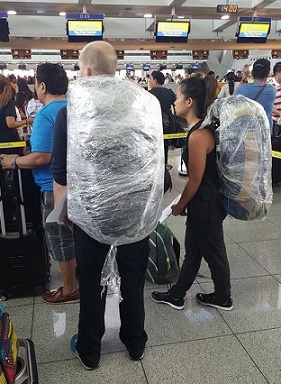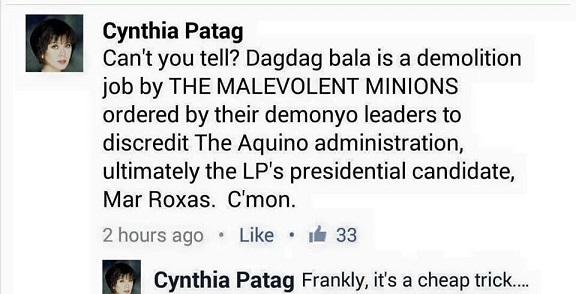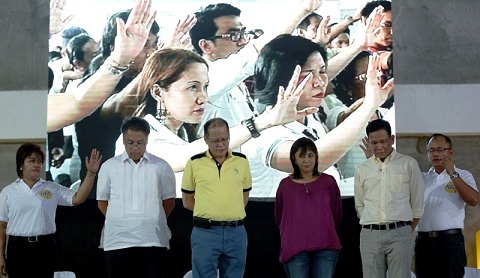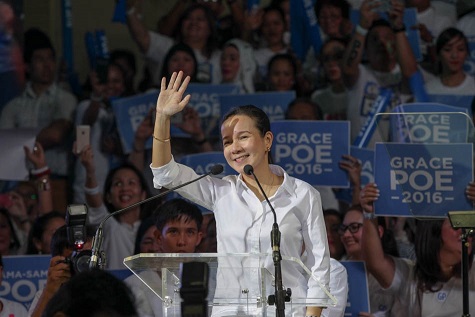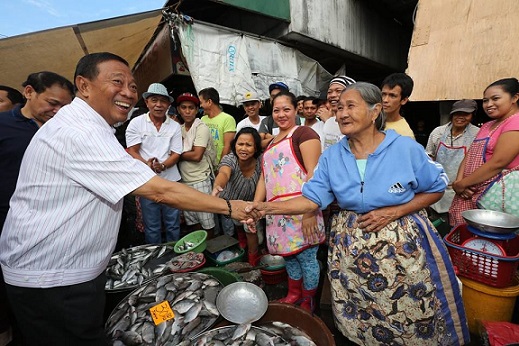“The new 2030 Agenda for Sustainable Development, our plan to end poverty and ensure lives of dignity for all, recognizes the need to fight corruption in all its aspects and calls for significant reductions in illicit financial flows as well as for the recovery of stolen assets.”
This message, from United Nations Secretary Secretary-General Ban Ki-moon?, offers a strong narrative for the global observance tomorrow, December 9, of International Anti-Corruption Day
Break the Corruption Chain— that is the theme that run though the global campaign led by the United Nations and its partner civil society organizations around the world.
This year’s event focuses on how corruption “undermines democracy and the rule of law, leads to human rights violations, distorts markets, erodes quality of life and allows organized crime, terrorism and other threats to human security to flourish.”
The campaign #breakthechain also highlights that corruption is a cross-cutting crime, impacting many areas. It shows that acting against corruption is imperative to achieving the Sustainable Development Goals, which aim to end poverty, protect the planet, and ensure prosperity for all.
Corruption, the UN notes, “is a complex social, political and economic phenomenon that affects all countries. Corruption undermines democratic institutions, slows economic development and contributes to governmental instability.”
Corruption “attacks the foundation of democratic institutions by distorting electoral processes, perverting the rule of law and creating bureaucratic quagmires whose only reason for existing is the soliciting of bribes.”
Even more tragic, “economic development is stunted because foreign direct investment is discouraged and small businesses within the country often find it impossible to overcome the “start-up costs” required because of corruption”
On 31 October 2003, the UN General Assembly adopted the United Nations Convention against Corruption and requested that the Secretary-General designate the United Nations Office on Drugs and Crime (UNODC) as secretariat for the Convention’s Conference of States Parties (Resolution 58/4).
The Assembly also designated 9 December as International Anti-Corruption Day, to raise awareness of corruption and of the role of the Convention in combating and preventing it. The Convention entered into force in December 2005.
Governments, the private sector, non-governmental organizations, the media and citizens around the world are joining forces to fight this crime. The United Nations Development Programme (UNDP) and the United Nations Office on Drugs and Crime (UNODC) are at the forefront of these efforts.
The government of the Philippines is a state party signatory to UNCAC.
Message of Ban Ki-moon, United Nations Secretary-General, on International Anti-Corruption Day
Global attitudes towards corruption have changed dramatically. Where once bribery, corruption and illicit financial flows were often considered part of the cost of doing business, today corruption is widely — and rightly — understood as criminal and corrosive.
The new 2030 Agenda for Sustainable Development, our plan to end poverty and ensure lives of dignity for all, recognizes the need to fight corruption in all its aspects and calls for significant reductions in illicit financial flows as well as for the recovery of stolen assets.
Corruption has disastrous impacts on development when funds that should be devoted to schools, health clinics and other vital public services are instead diverted into the hands of criminals or dishonest officials.
Corruption exacerbates violence and insecurity. It can lead to dissatisfaction with public institutions, disillusion with government in general, and spirals of anger and unrest.
The United Nations Convention against Corruption provides a comprehensive platform for governments, non-governmental organizations, civil society, and individual citizens. Through prevention, criminalization, international cooperation and assets recovery, the Convention advances global progress toward ending corruption.
On International Anti-Corruption Day, I call for united efforts to deliver a clear message around the world that firmly rejects corruption and embraces instead the principles of transparency, accountability and good governance. This will benefit communities and countries, helping to usher in a better future for all.
